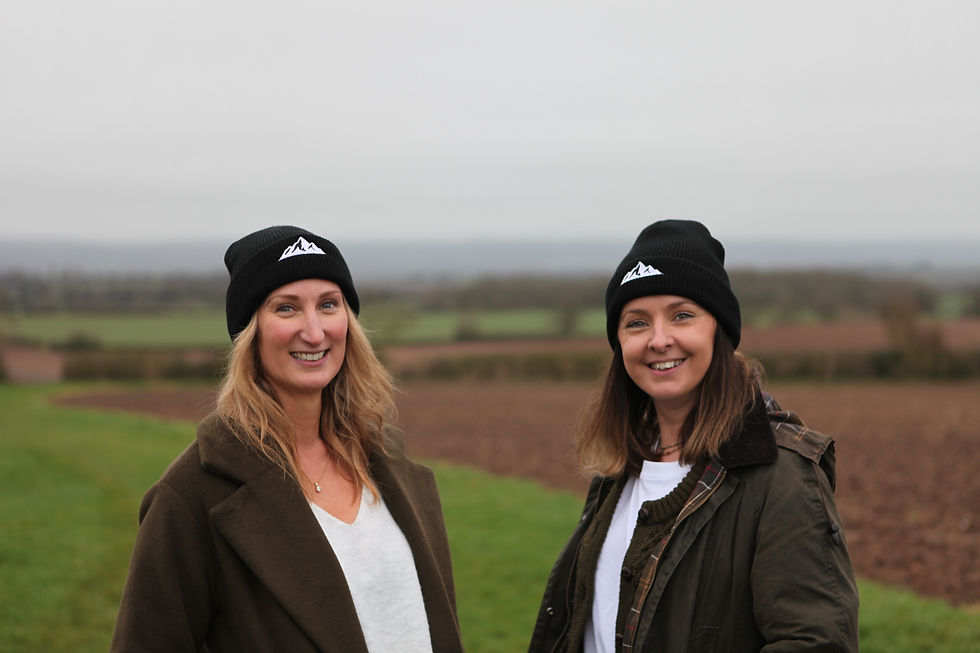This Month's Podcast: "Dependance Before Independence"
- admin29230
- Aug 29, 2025
- 2 min read

In this month’s podcast episode, we take a step back to reflect on a phrase that often dominates conversations within residential care: independence.
The transition to adulthood is an important milestone for every young person, and for those in care, it can feel like the end goal that all efforts are driving towards - however, we challenge this by asking: are we rushing too quickly into independence without first giving children the foundations they need to truly thrive once they get there?
Why Dependence Matters
True self-reliance isn’t about being thrown into adulthood before you’re ready. Instead, it grows out of something far more fundamental: trust, stability, and healthy dependence.
Dependence is often misunderstood as weakness, but in reality, it’s the bedrock of resilience. When a child or young person has the space to lean on safe adults, to feel secure in attachments, and to experience consistent relationships - they are building the emotional toolkit they will one day use to stand on their own.
The Risks of Rushing Independence
For young people in residential care, the pressure to be independent can sometimes arrive far too soon. The desire to prepare children for adulthood is understandable, but without the right emotional safety nets, this push can leave them feeling isolated, unsupported, and ill-equipped to handle the challenges that come their way.
Independence isn’t about doing everything alone. It’s about knowing when and how to reach out, how to trust others, and how to navigate life’s complexities with a sense of self-worth and stability.
Building the Foundations
So what does this look like in practice for residential care teams? It means putting dependence first, which can be achieved by:
Prioritising secure attachments over rushed expectations.
Valuing consistency in the home, so children know who they can rely on.
Creating environments where emotional safety isn’t just an idea, but a daily reality.
By embedding these principles, residential care teams are not holding children back, instead they are preparing them for the "right kind" of independence: one rooted in connection, confidence, and resilience.
A Call to Reflect
As practitioners, carers, and professionals, we need to challenge the narrative that independence is the ultimate marker of success. Instead, we can begin to celebrate the small, steady steps that come with healthy dependence, which include the trust to lean on others, the courage to express needs, and the reassurance of knowing they are not alone.
In doing so, we give young people the chance to grow into independence at a pace that feels safe, supported, and sustainable.
🎧 Tune in to the latest episode now - available on the Therapeutic Blueprint website.





Comments